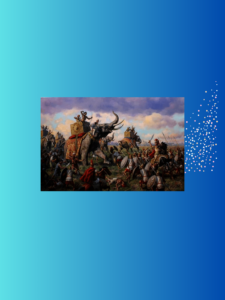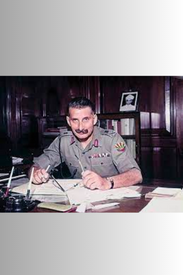
Introduction:
Subhas Chandra Bose, a prominent figure in India’s struggle for independence, was born on 23rd January 1897, in Cuttack, Orissa Division, Bengal Province, to Prabhavati Dutt Bose and Janakinath Bose. Celebrated as ‘Parakram Diwas,’ Bose’s life was marked by his unwavering commitment to freedom and his dynamic role in shaping India’s destiny. This blog post delves into the various facets of his life, from education to his pivotal role in the Indian National Army, and the mysteries surrounding his death.
Education and Early Life:
In 1919, Bose cleared the Indian Civil Services (ICS) examination but chose to resign later, steering his life towards a different path. Deeply influenced by Swami Vivekananda’s teachings, Bose considered him his spiritual guru. Chittaranjan Das, his political mentor, played a crucial role in shaping Bose’s political ideologies. Bose served as the editor for Das’s newspaper, Forward, and later established his own publication, Swaraj, reflecting his commitment to the cause of independence.
Association with Congress:
Bose advocated unqualified swaraj, opposing the Motilal Nehru Report that sought dominion status for India. Actively participating in the Salt Satyagraha of 1930, he vehemently opposed the suspension of the Civil Disobedience Movement and the signing of the Gandhi-Irwin Pact in 1931. Associated with left politics in Congress in the 1930s, Bose won the Congress presidential elections in Haripura in 1938. However, ideological differences with Gandhi led to his resignation in 1939. He subsequently founded ‘the Forward Bloc’ to consolidate political left support in Bengal.
Indian National Army:
In July 1943, Bose reached Japanese-controlled Singapore from Germany, issuing the famous call ‘Delhi Chalo’ and announcing the formation of the Azad Hind Government and the Indian National Army (INA) on 21st October 1943. The INA, initially formed under Mohan Singh and Japanese Major Iwaichi Fujiwara, comprised Indian prisoners of war and civilians. Growing to a strength of 50,000, the INA fought allied forces in India and Burma in 1944.
Death and Controversies:
Bose’s death remains shrouded in mystery. Officially reported to have died in a plane crash in Taiwan in 1945, numerous conspiracy theories surround his demise. While the official version points to an accident, some believe Bose survived and lived in secrecy. The British move to put INA men on trial in November 1945 sparked massive nationwide demonstrations, reflecting the deep connection Bose had forged with the masses.
Conclusion:
Subhas Chandra Bose’s life was a saga of courage, determination, and relentless pursuit of freedom. From his early political associations to the formation of the INA, Bose’s contributions to India’s independence struggle are indelible. The mysteries surrounding his death only add to the intrigue of his legacy, making him a figure of enduring fascination and inspiration for generations to come.



